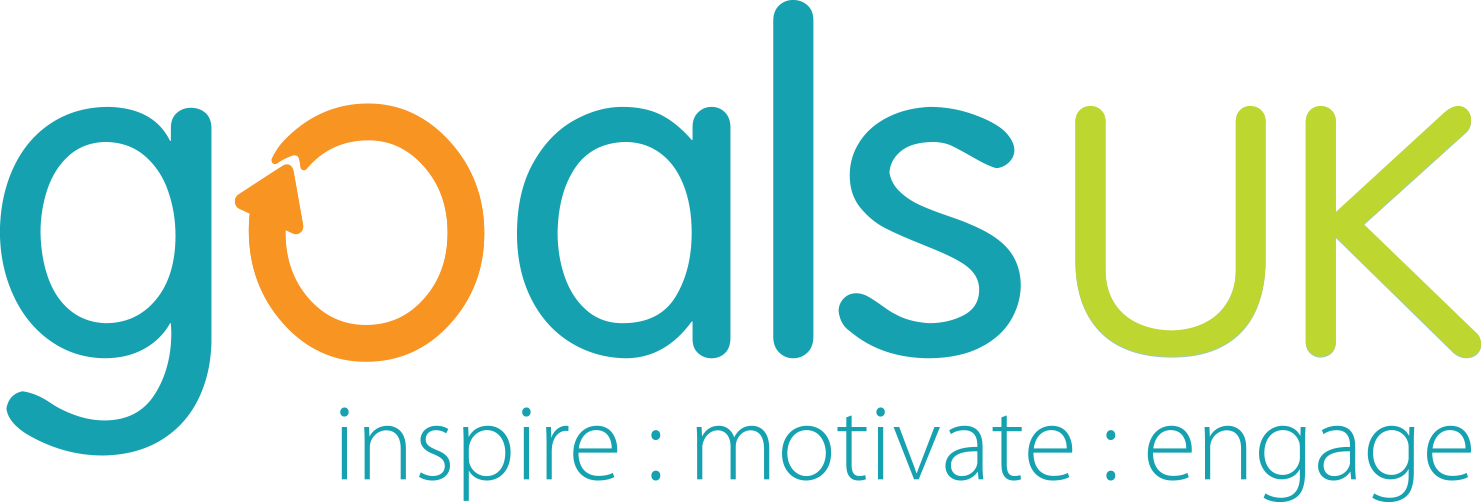Our Vision
Engaging the disengaged.
Building self-esteem, resilience and responsibility
Our evidence over 30 years shows that a third of the UK population struggle with low self-esteem and this struggle is often the underlying cause of many social inequalities and failure. People with low self-esteem are more likely to suffer poor mental health, drop out of education, engage in harmful addictions and lack clarity and goals.
Our evidence based programmes tackle these issues by challenging how people think, feel and behave. we are able to encourage some of the most resistant clients to build not only self-esteem but resilience in the face of obstacles. As a result, we give them more of what they want and less of what they don’t want in their lives.
With over 30 years experience, we have helped over 250,000 people from all sectors of society, engaging the disengaged giving participants the confidence and independence they need in order to make positive and lasting changes in their lives.
A catalyst for wellbeing
Our programmes are positive and life-changing - based on solid principles and techniques, using a variety of interventions including: CBT, NLP, Positive Psychology and MOTIVATIONAL INTERVIEWING. It is a process which includes training and coaching in order to ensure that the insights gained during the programme become embedded in concrete action, going forward.
Scalable solutions
In order to have maximum effect and buy in, our programmes are designed to be delivered by your staff in house and we have developed an accredited train-the-trainer programme as well as integrated coaching training for all operational staff to ensure full alignment of the GOALS methodology.
“GOALS is not something you do to people, it’s a process for working with people”
"Move out of your comfort zone. You can only grow if you are willing to feel awkward and uncomfortable when you try something new."
Typical interventions
Supporting families with multiple barriers
Regeneration programmes
Promoting Big Society
Lone parents
Empowerment of tenants
Resettlement of offenders
Managing life changes

